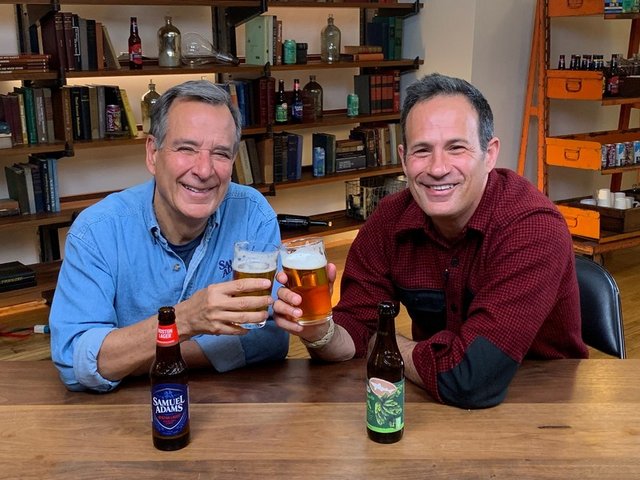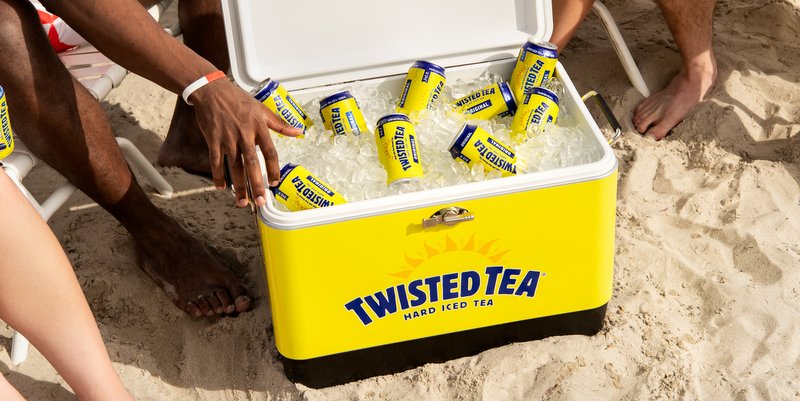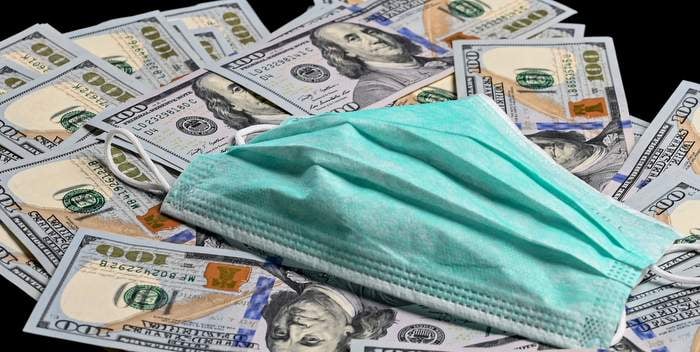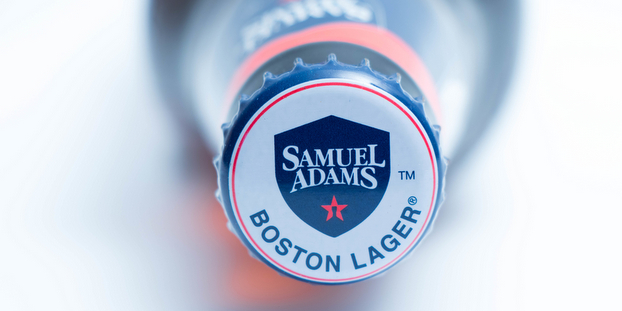
How has Boston Beer performed financially in this COVID era? Well, how does a “second quarter 2020 net revenue of $452.1 million, an increase of $133.7 million or 42 percent, from the same period last year,” sound? How about a net income of $60.1 million, an increase of 116 percent from the same period last year. That seem OK?
Reported depletions increased 46 percent and 43 percent from the 13- and 26-week comparable periods in the prior year. Of that 46 percent growth — 42 percent is from Boston Beer legacy brands and 4 percent is from the addition of Dogfish Head brands. And the “legacy brands” success can be mostly attributed to Truly Hard Seltzer and Twisted Tea. Truly is the only hard seltzer, not introduced earlier this year, to grow its share during 2020.
“The growth of the Truly brand, led by Truly Hard Lemonade, has accelerated and continues to grow beyond our expectations,” stated Dave Burwick, the Company’s President and CEO. “We will continue to invest heavily in the Truly brand and work to improve our position in the hard seltzer category as competition continues to increase. We are excited about our new Truly advertising campaign that showcases colors, variety and joy to hard seltzer drinkers through four spots, but we have been deliberately slow to roll out this campaign given the consumer environment surrounding COVID-19 and it is too early to know if it will resonate with drinkers.”
Samuel Adams and Angry Orchard’s volumes continue to decline, as they are more deeply impacted by the effect of COVID-19 on on-premise retailers.
The company says the direct financial impact of the pandemic has primarily shown, as you’d expect, in a reduced keg demand from the on-premise channel and higher labor and safety related costs at the company’s breweries.
Ironically, the biggest COVID impact is how tough it is to keep up with all this freaking growth in depletions.
COVID-19 related safety measures resulted in a reduction of brewery productivity. The company has shifted more volume to third-party breweries, which increased production costs and negatively impacted gross margins. Safety protocols include entrance screening and temperature checks, face mask requirements, reorganized work spacing to increase physical distancing between and among shifts, and adding more cleaning and sanitation time to each shift.
“Our accelerated depletions growth has been challenging operationally,” Burwick said. “We have been experiencing out of stocks and we expect wholesaler inventories to remain very tight for the rest of the summer. We have been operating at capacity for many months and have further increased our usage of third-party breweries in response to the growth. In particular, the additional Truly volumes have come at a higher incremental cost, due to an increased usage of third-party breweries, which is negatively impacting our gross margin expectation for the year. We are investing significantly in our supply chain, but do not expect these pressures to be relieved in the second half of the year. We will continue to invest to increase capacity, as appropriate to meet the needs of our business and take full advantage of the fast-growing hard seltzer category. We’re in a very competitive business, but we are optimistic for continued growth of our current brand portfolio. We remain prepared to forsake short-term earnings as we invest to sustain long-term profitable growth, in line with the opportunities that we see.”
In April 2020, due to uncertainties around COVID-19, the company withdrew its full-year fiscal 2020 financial guidance. Despite the continued uncertainties related to the COVID-19 pandemic, the Company feels its business outlook has stabilized and that it is now appropriate to give full-year fiscal 2020 financial guidance.
The Company currently projects full year 2020 earnings per diluted share to be between $11.70 and $12.70. This projection excludes the impact of ASU 2016-09. The Company’s actual 2020 earnings per share could vary significantly from the current projection. Underlying the Company’s current 2020 projection are the following full-year estimates and targets:
- Depletions and shipments percentage increase of between 27% and 35% of which between 1% and 2% of this growth is due to the addition of the Dogfish Head brands.
- National price increases of between 1% and 2%.
- Gross margin of between 46% and 48%.
- Increased investment in advertising, promotional and selling expenses of between $70 million and $80 million. This does not include any changes in freight costs for the shipment of products to the Company’s distributors.
- Non-GAAP effective tax rate of approximately 26%, excluding the impact of ASU 2016-09.
- Estimated capital spending of between $180 million and $200 million, which could be higher, if deemed necessary to meet future growth.
“Supporting the communities in which we work and live is one of our core values and we are very happy that our Samuel Adams Restaurant Strong Fund has raised $5.4 million thus far to support bar and restaurant workers who are experiencing hardships in the wake of COVID-19,” noted Jim Koch, Chairman and Founder of the Company. “Working with the Greg Hill Foundation, this Fund is committed to distributing 100% of its proceeds through grants to bar and restaurant workers across the country.”




Leave a Reply
You must be logged in to post a comment.